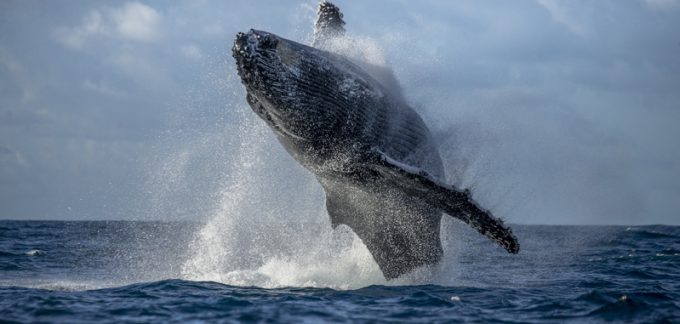UK eyes expanding its ETS to deepsea shipping – closing EU loophole
A loophole allowing ocean carriers to dodge ETS charges via a port call in the ...

As the International Maritime Organization’s (IMO) environmental work group gathers in London for its annual conference this week, delegates are being urged to consider new regulations to reduce ship speeds.
The IMO’s Marine Environmental Protection Committee’s (MPC) working group on greenhouse gas emissions (GHGs) will consider ...

Comment on this article